The US Supreme Court is anticipated to issue a crucial ruling on Monday regarding Colorado's attempt to bar former President Donald Trump from running for president. The decision comes after the Colorado Supreme Court disqualified Trump, citing his alleged involvement in inciting the January 6 riot at the Capitol. Trump's disqualification was based on the US Constitution's 14th Amendment, which prohibits individuals engaged in insurrection or rebellion from holding office. However, Trump vehemently denies the accusations, and his lawyers argue that the events of January 6 do not constitute an insurrection. With "Super Tuesday" approaching, during which voters in 15 states will choose their party candidates for the November presidential election, the Supreme Court's decision carries significant implications for Trump's candidacy.
The US Supreme Court is poised to deliver a pivotal ruling on Monday regarding Colorado's bid to bar former President Donald Trump from running for president in the upcoming November election. The decision follows the Colorado Supreme Court's ruling in December, which disqualified Trump from standing for election in the state due to his alleged involvement in inciting the January 6 Capitol riot.
The Colorado Supreme Court's decision was based on the 14th Amendment of the US Constitution, which prohibits individuals engaged in insurrection or rebellion from holding office. However, Trump and his legal team vehemently refute the allegations, arguing that the events of January 6 do not meet the threshold for insurrection.
The case was subsequently brought before the US Supreme Court for a final decision, with "Super Tuesday" elections looming large. On this crucial day, voters in 15 states, including Colorado, will cast their ballots to determine their party's candidates for the presidential election in November.
Anticipation mounts as the Supreme Court, with its conservative majority, prepares to rule on the Colorado case. During a recent hearing, justices expressed skepticism about the attempt to bar Trump from the ballot, raising concerns about the potential ramifications for the presidential election if other states follow suit.
Chief Justice John Roberts cautioned against upholding the Colorado ruling, highlighting the far-reaching consequences it could have on the electoral process. Similarly, Justice Elena Kagan questioned the rationale behind allowing a single state to dictate the eligibility of a presidential candidate.
The outcome of the Supreme Court's decision is eagerly awaited not only in Colorado but also in other states, such as Maine and Illinois, where similar cases are pending. With Trump's continued dominance in the Republican primary race and "Super Tuesday" on the horizon, the ruling holds significant implications for the presidential election landscape.
As the nation awaits the Supreme Court's verdict, Trump's political future hangs in the balance, with the outcome likely to shape the trajectory of the upcoming election cycle.
The US Supreme Court's impending ruling on Colorado's attempt to bar Donald Trump from running for president underscores the pivotal role of the judiciary in shaping the electoral landscape. With "Super Tuesday" on the horizon and Trump's political future at stake, the decision carries far-reaching implications for the presidential race and the broader political landscape. As the nation awaits the outcome, the ruling is poised to have a profound impact on the trajectory of the upcoming election cycle.



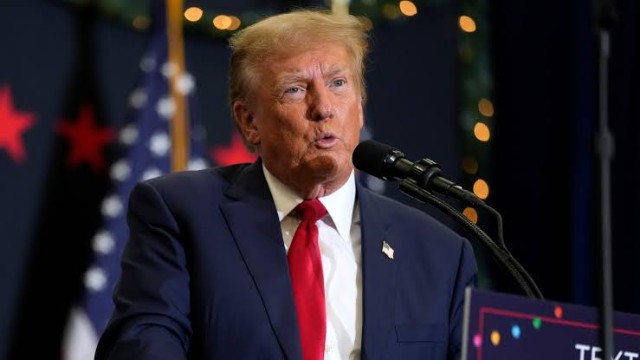

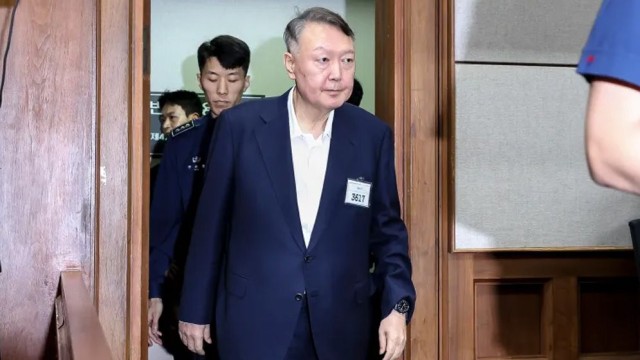







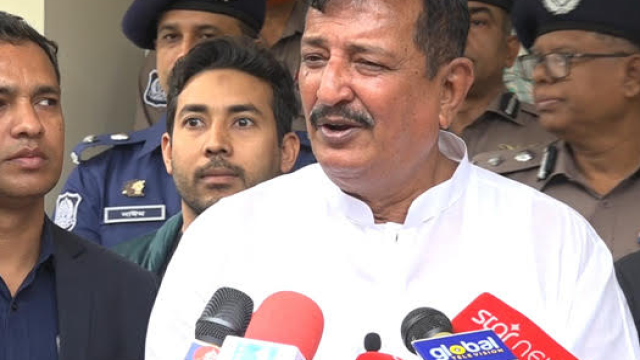


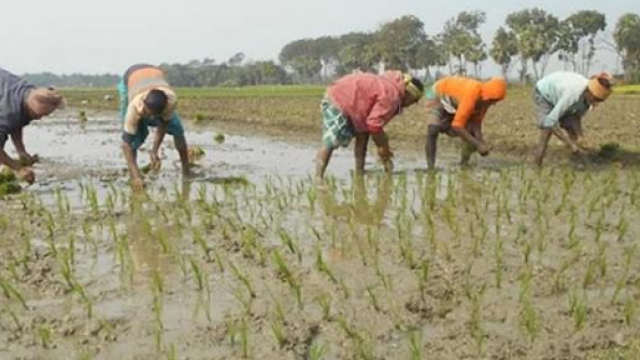








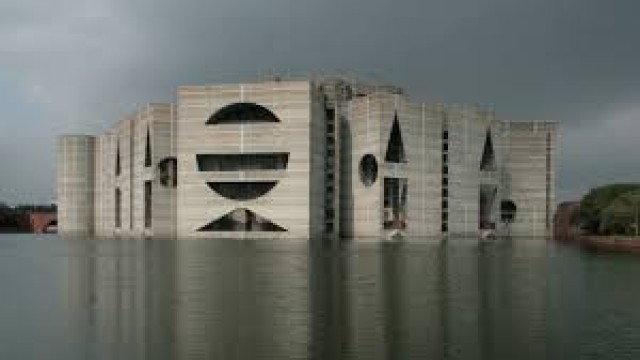





Comment: